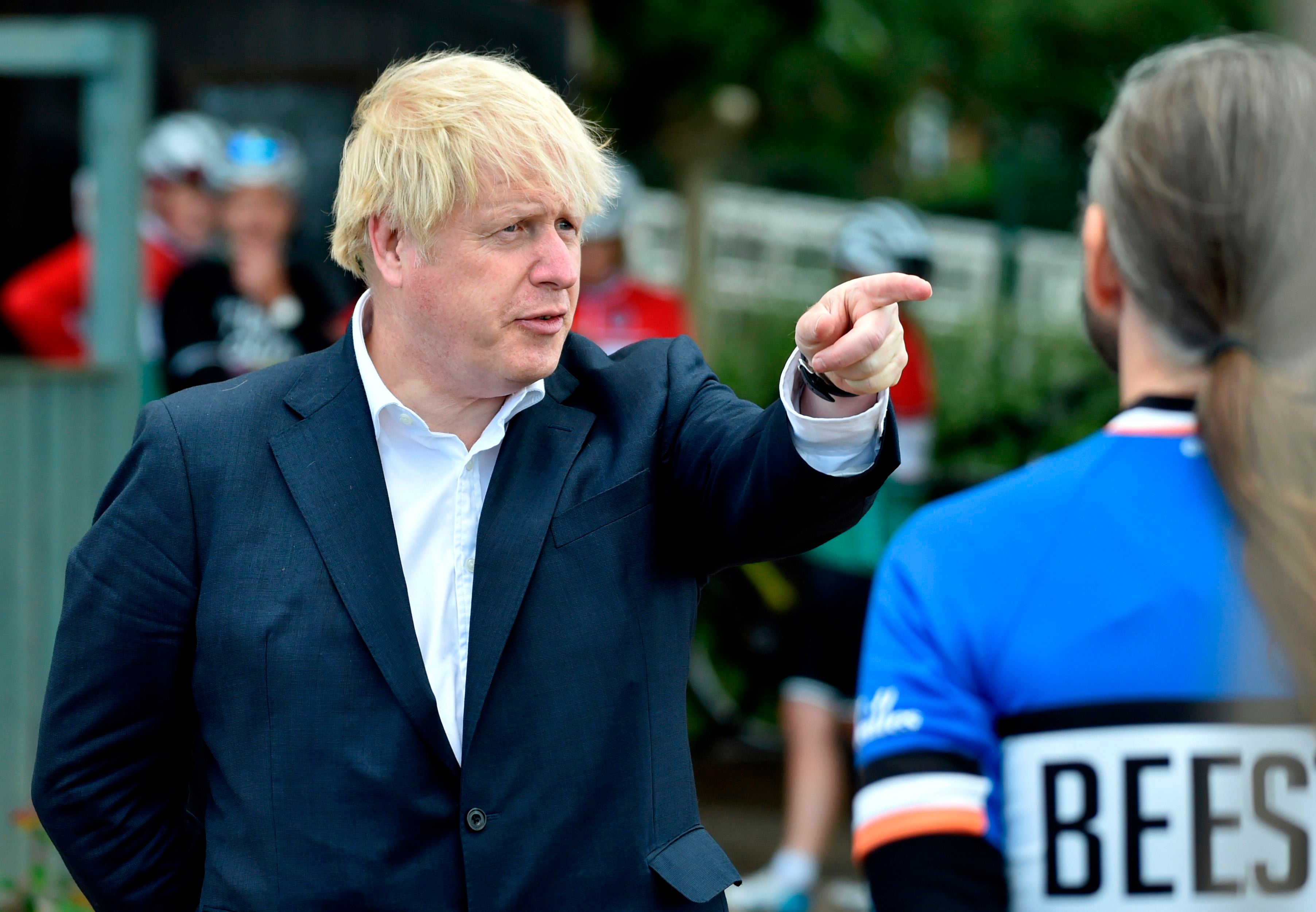Boris Johnson is inconsistent in his public health policies
Editorial: The government has U-turned on healthy eating, appearing to give too much importance to the interests of the food companies

Boris Johnson has shown all the steadiness of a wonky shopping trolley in his approach to healthy eating policy, as he has done on so many other subjects.
When he was a reactionary newspaper columnist he inveighed against the nanny state and accused the New Labour government of telling people what to eat. Then, when he was struck down with coronavirus, he appeared to undergo a conversion, going along with some broadly sensible public health proposals and launching a campaign against obesity.
He earned some plaudits by trading on his everyman image as a middle-aged food-lover who struggled with his weight. If we ever wanted a politician to embody the message – doubts and contradictions included – Mr Johnson seemed to be it.
The Independent had its own doubts about aspects of this policy, which is why we are less critical of the prime minister’s inconsistency than we would otherwise be. We were sceptical that the state could, or should, try to regulate marketing devices such as “buy one, get one free” or “three for the price of two”. There are many other tricks that are used to persuade people to buy more than they intended to, and the connection between such promotions and obesity is weak.
We had our doubts, too, as to whether it was possible to establish a reasonable definition of “junk food” for the purposes of restricting TV advertising, although it may be simpler to define confectionery (sugar, basically). Finally, we were not persuaded of the need for legislation requiring the publication of calories on restaurant menus. It ought to be well established by now that too much focus on calorie-counting can encourage the opposite of healthy eating and make eating disorders worse.
On this last point, it is too late for Mr Johnson to cancel the policy – or as David Canzini, his deputy chief of staff, put it, to get that particular barnacle off the boat. The boat has already sailed, and new menus have already been printed.
But many of the other barnacles – policies that do not fit with the core Conservative message for the next election, or that offend large numbers of Conservative MPs – have been scraped off the hull. Formally, the Department of Health has said that multibuy restrictions, which had been due to come into effect from October, would only be delayed for a year, to allow the government to “review and monitor” their effect on the cost of living. But we suspect that the policy has been ditched altogether.
To keep up to speed with all the latest opinions and comment, sign up to our free weekly Voices Dispatches newsletter by clicking here
Similarly, the ban on online advertisements and pre-watershed TV advertising will also be paused for a year, until January 2024. In this case the excuse is different – it is because of “a growing recognition that the industry needs more time to prepare”. However, a ban on displaying sweets at supermarket checkouts will go ahead in October this year as planned.
It all seems rather hit and miss, and does not inspire confidence that the right policies are being kept and the wrong ones binned. It is hard to shake off the suspicion that the views of an unrepresentative minority of MPs, along with the interests of the food companies, are being given too much importance, and the needs of public health too little. We would rather cancel the calories on menus and go ahead with restrictions on advertising sweets. But we would also advocate more radical policies to encourage more physical activity, and especially to make walking and cycling safer, to try to wean the nation off its addiction to short car journeys.
Mr Johnson ought to be able to embody that message too, as the mayor of London who actually built the segregated cycle lanes that have transformed so much of the centre of the city. Let us put more effort into doing that everywhere, rather than a mostly futile attempt to influence what people eat.



Join our commenting forum
Join thought-provoking conversations, follow other Independent readers and see their replies
Comments